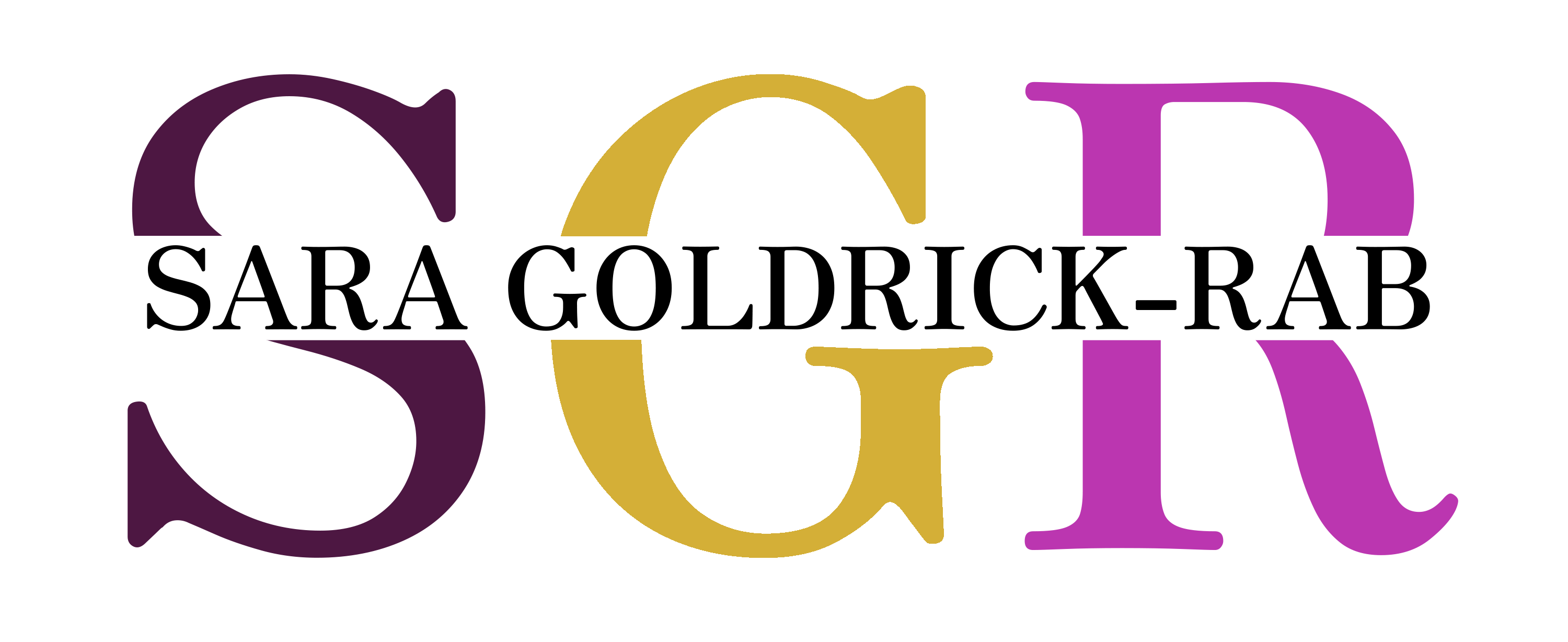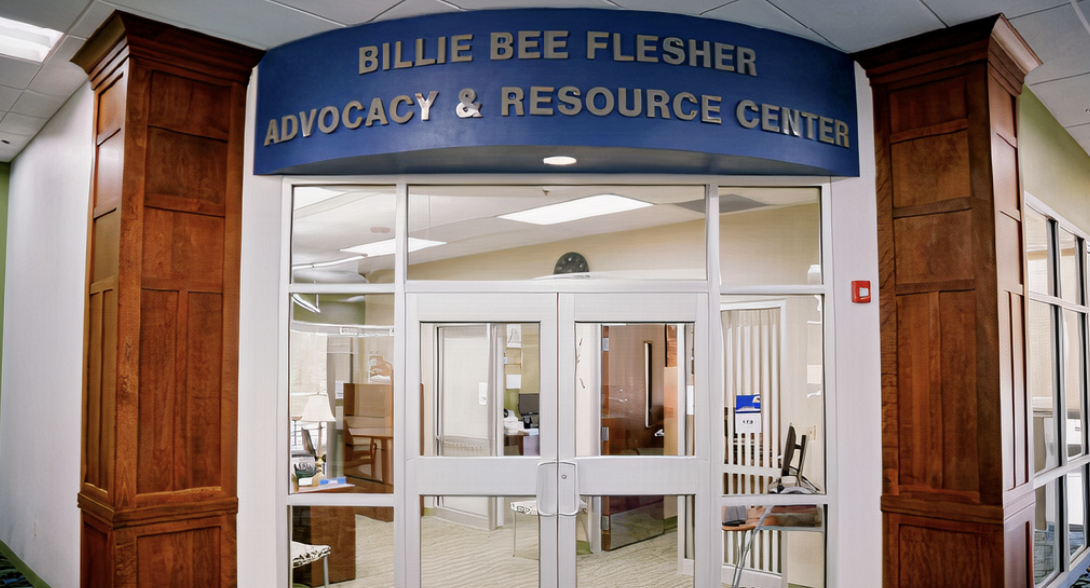Document Tag: evaluation
A First Look at the Impacts of the College Housing Assistance Program at Tacoma Community College (2021)
Affording living expenses presents a major barrier to degree completion for many community college students. Food, affordable housing, transportation, and childcare are central conditions for learning. Yet with stagnant incomes, rising tuition and living costs, and insufficient support from financial aid and the social safety net, approximately one in two community college students struggle to afford these basic needs.1 Additionally, as many as one in five experience homelessness.2 The College Housing Assistance Program (CHAP), operated by the Tacoma Housing Authority (THA) and Tacoma Community College (TCC), is at the forefront of the nationwide fight to ameliorate homelessness among college students.3 CHAP is one of the country’s first partnerships between a housing authority and a community college and offers a unique model. In contrast to other programs such as student-run shelters, rapid-rehousing, and college-owned affordable apartments, CHAP utilizes government-subsidized housing assistance to provide housing to homeless and near-homeless community college students. This report offers the initial lessons learned from the first external evaluation of CHAP. Successful program implementation is crucial to providing benefits for students, and can be especially challenging in housing programs. We therefore focus on how students experienced the program, where they faced barriers, and where they found support. It is too early in the evaluation process to draw conclusions about the program’s efficacy; these are short-term insights.
From the (Academic) middle to the top: an evaluation of the AVID/TOPS college access program (2018)
Despite overall increases in college-going, college enrollment rates
remain inequitable. Many programs attempt to address these persistent racial/ethnic and social class disparities in college attendance by
intervening in the high school curriculum. Advancement Via
Individual Determination (AVID) is among the longest standing and
prevalent of these college access programs. In this paper, we present
findings from a multi-year evaluation and cost analysis of the AVID/
TOPS program – an enhanced AVID model – in place in Madison
Metropolitan School District (Wisconsin). Taken together, the evaluation’s findings characterize AVID/TOPS as a promising program
model that is associated with an increased likelihood for college
readiness and matriculation, particularly for student groups underrepresented in higher education. We also report on the resources and
costs required to implement the program, and show that the program’s benefits appear to exceed its costs.
Houston Food Scholarship Program Report (2020)
This report describes program implementation and impact of one of the nation’s first food
scholarship programs: the Houston Food Scholarship (HFS), a partnership between Houston
Community College and the Houston Food Bank. The food scholarship was first distributed in
January 2018, and this report examines its early stages, as well as rigorously estimating impacts
through spring 2019.
Improving the Productivity of Education Experiments (2012)
Given scarce resources for evaluation, we recommend
that education researchers more frequently conduct
comprehensive randomized trials that generate evidence
on how, why, and under what conditions interventions
succeed or fail in producing effects. Recent experience
evaluating a randomized need-based financial
aid intervention highlights some of our arguments and
guides our outline of the circumstances under which
the examination of mechanisms and heterogeneous impacts
is particularly important. Comprehensive experiments
can enhance research productivity by increasing
the number of theories both tested and generated and
can advance policy and practice by exploring the conditions
under which interventions will bemost successful
in scale up. Paradoxically,while the emphasis on average
treatment effects is typically associated with efficiencyminded
economists, we argue that the approach is often
inefficient from the standpoints of science and policy.
Meal Vouchers Matter for Academic Attainment: A Community College Field Experiment (2023)
Given growing awareness of the high prevalence of food insecurity among college students, higher education leaders are
implementing various food interventions on their campuses. However, there is little research on the efficacy and impact of
these initiatives. Using data from a field randomized control trial, we find that a relatively modest financial investment in
campus meal cards coupled with proactive outreach by an existing campus office improved community college students’
academic attainment outcomes. Students who were invited to participate in the meal voucher program attempted and
completed more credits during their first year of college and were more likely to graduate in 2 years than otherwise similar
peers, indicating that a campus meal program can promote college success.
Supporting the Whole Community College Student: The Impact of Nudging for Basic Needs Security (2021)
Even after decades of improvement efforts, completion rates at community colleges remain low, particularly among students who need developmental education. Basic needs insecurity contributes to these low completion rates. As a result, community colleges throughout the country have launched benefits “hubs” to help students secure their basic needs. However, there is limited evidence on whether connecting students with these hubs improves academic success.
This report details an evaluation of the Advocacy and Resource Center (ARC), a benefits hub at Amarillo College (AC) in Texas. In partnership with AC, we conducted an evaluation to advance two institutional goals:
Increase utilization of the ARC, particularly among students most at risk of leaving college, with a low-cost technology-enabled approach.
Estimate the academic impacts of connecting students to the ARC.
Over the course of a year, we emailed randomly selected students from low-income households and those enrolled in developmental education coursework, informing them about and inviting them to the ARC. We found that the emails (or “nudges”) paid off for students who received them:
Rates of visiting the ARC more than doubled from 22% to 56%.
Developmental education students nudged to visit the ARC were 20% more likely to pass developmental education courses, a crucial milestone.
However, we did not find clear evidence that nudged students completed more credits, received higher grades, or passed other courses at higher rates.
As community colleges across the nation work to improve student success and help students recover from the pandemic, this evaluation offers two lessons:
Insufficient information about existing basic needs supports keeps students from getting the help they need. The information barrier may be effectively overcome with personalized nudging, a low-cost solution.
Connecting students to basic needs supports helps students make academic progress, particularly those in need of developmental education.

